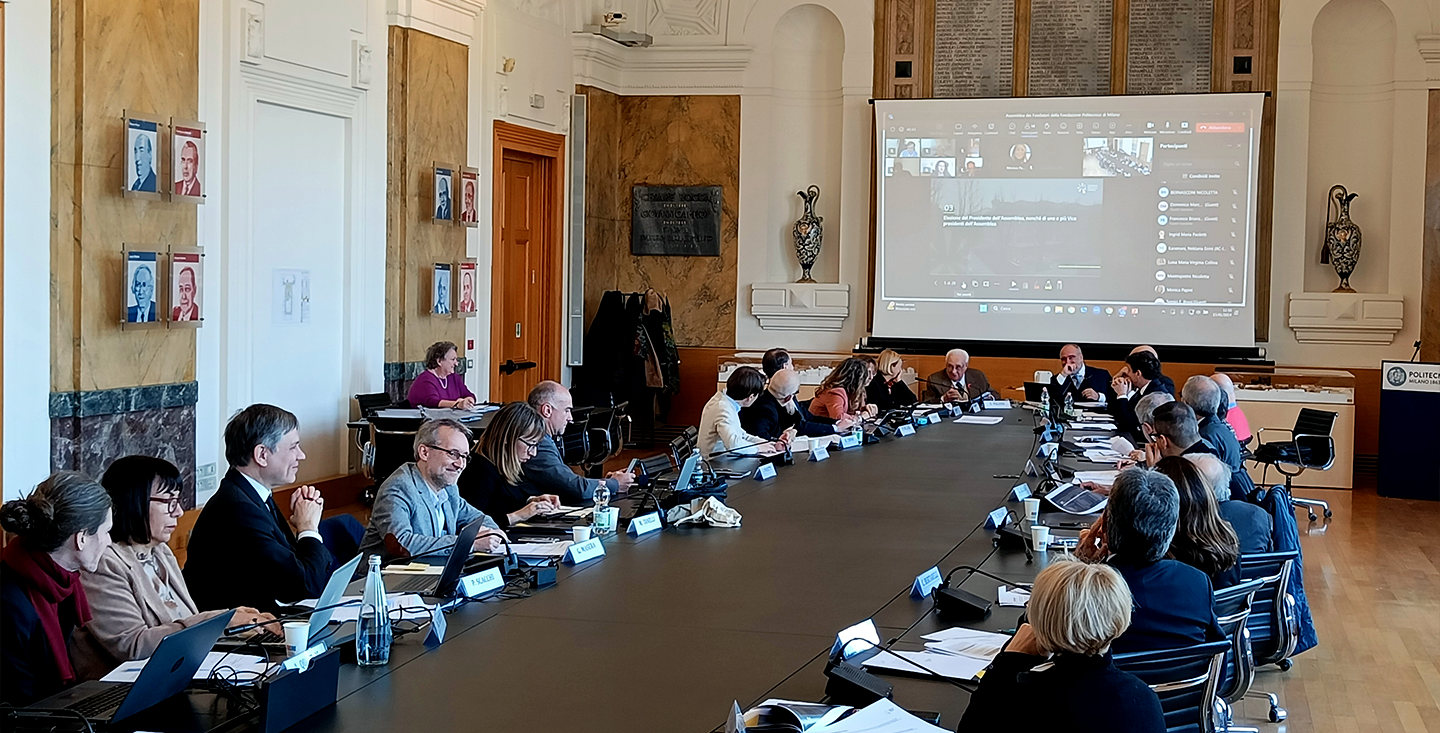Sourcing, Selection and Monitoring International University Partner of politecnico
- Define research criteria and choice of partner universities (e.g. relative relevance in the country, weighted average of the position in the most recognized international rankings of didactic evaluation, quality of scientific research, appeal of the country …)
- Apply these criteria to the current locations to rationalize them, compensating for the loss of "weak" locations (e.g. there is an oversupply of Spanish and South American offices) with the launch of partnerships with locations "more suited" to the defined criteria (e.g. HARVARD and MIT… but also China, Singapore, Hong Kong, India…)
- Monitor the performance of the partner universities periodically (e.g. every two years) and sort them according to an internal ranking with a compound score
- Differentiate the conversion of exam marks depending on the position in the internal ranking, perhaps simply by creating 3-4 classes of universities (e.g. excellent, good, medium).
The ranking position will have to influence the normal conversion of votes (e.g. I took 8 in Delft: the normal standard conversion with holland gives me a 26. But since Delft is in the "excellent class" the 26 is correct to 28).
Among other things, it would be appropriate that the normal conversion was actually shown in advance instead of treason on return to Italy, so you can adjust the average-objective in the host university about the number of credits (critical point to be discussed), you should question the current heterogeneity of conversion between the various courses of study, study a unitary policy for the Polytechnic.
Possible solutions:
- Convert them solomonically (half with vote and half only validated)
- Convert all the credits made (e.g. I make 46 credits in France, I return to Italy with 46 credits with the average French)
- Validate all credits without keeping the average (inadvisable, demotivating)
Internship in the study plan of the Master's Degree in Management Engineering
Compulsory internship (at least 10 ECTS) in the study plan of the Master's Degree in Management Engineering (to be provided instead of the exam of your choice). Or, more mildly, the internship in the company is an alternative to the exam chosen in the study plan (here too it would be worth 10 ECTS).
In this way, albeit in a small way, a widespread practice is encouraged (the internship in fact) among the most valid competitors of management engineers on the world of work (e.g. Bocconi and in general graduates of Anglo-Saxon, French and Nordic universities).
To date, the internship during the course of study is not at all encouraged by the Polytechnic (to do so you are forced not to attend one or more courses for at least one semester. And even if you expect it in the summer (from August 1st) and you have finished all the exams in July, the minimum internship (3 months) would end at the end of October, that is, close to the tasks that should be faced as a non-attending student).
This lack of diffusion of work experience contextual to university attendance is currently one of the major weaknesses of the curriculum of a newly graduated management engineer, strongly penalizing especially in the increasingly current perspective of "Europeanization" (if not globalization) of the recruitment of human resources by the largest, most important or most coveted companies.
Svoltastudenti – The students' union of Politecnico di Milano
Lorenzo Seritti, representative of the Faculty of Systems Engineering




